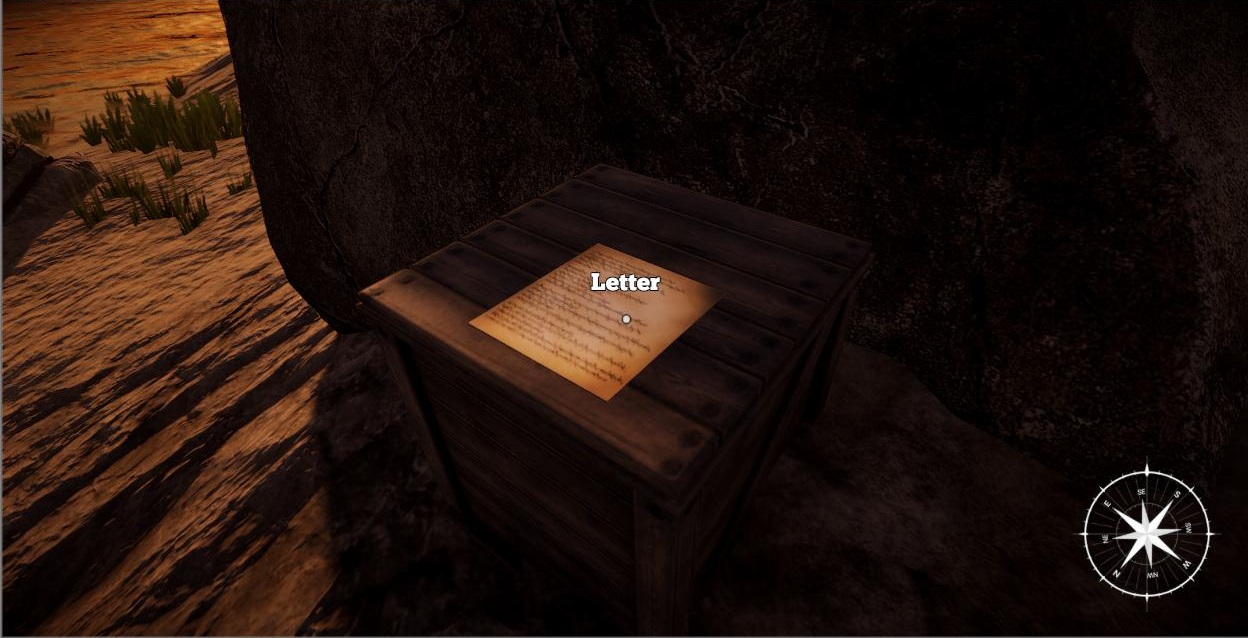- “Enchanting, intriguing, deeply moving. The Lost Letters of William Woolf concerns itself as much with lost love as it does with lost letters.” —Irish Times Lost letters have only one hope for survival. Inside the walls of the Dead Letters Depot, letter detectives work to solve mysteries.
- The latest Lifestyle Daily Life news, tips, opinion and advice from The Sydney Morning Herald covering life and relationships, beauty, fashion, health & wellbeing.
Overview

The list of these “lost words” included acorn, adder, bluebell, dandelion, fern, heron, kingfisher, newt, otter, and willow. Among the words taking their place were attachment, blog, broadband, bullet-point, cut-and- paste, and voice- mail. Get up to the minute entertainment news, celebrity interviews, celeb videos, photos, movies, TV, music news and pop culture on ABCNews.com. Find a Grave, database and images (accessed ), memorial page for Harry L Williams (30 Jun 1910–11 Aug 1989), Find a Grave Memorial no. 160336237, citing Greenwood Memory Lawn Cemetery, Phoenix, Maricopa County, Arizona, USA.
In 2007, when a new edition of the Oxford Junior Dictionary — widely used in schools around the world — was published, a sharp-eyed reader soon noticed that around forty common words concerning nature had been dropped. Apparently they were no longer being used enough by children to merit their place in the dictionary. The list of these “lost words” included acorn, adder, bluebell, dandelion, fern, heron, kingfisher, newt, otter, and willow. Among the words taking their place were attachment, blog, broadband, bullet-point, cut-and-paste, and voice-mail. The news of these substitutions — the outdoor and natural being displaced by the indoor and virtual — became seen by many as a powerful sign of the growing gulf between childhood and the natural world.
The Lost Letters Of Harry Williams Mac Os 11
Ten years later, Robert Macfarlane and Jackie Morris set out to make a “spell book” that will conjure back twenty of these lost words, and the beings they name, from acorn to wren. By the magic of word and paint, they sought to summon these words again into the voices, stories, and dreams of children and adults alike, and to celebrate the wonder and importance of everyday nature. The Lost Words is that book — a work that has already cast its extraordinary spell on hundreds of thousands of people and begun a grass-roots movement to re-wild childhood across Britain, Europe, and North America.